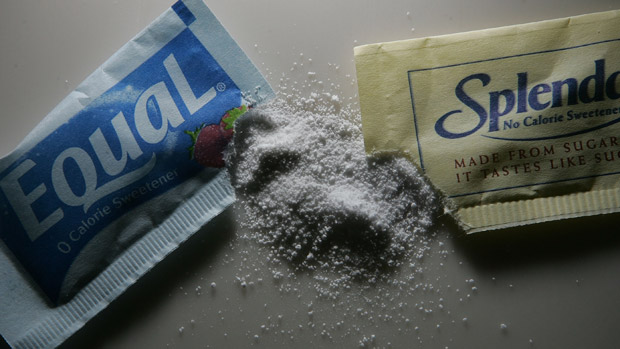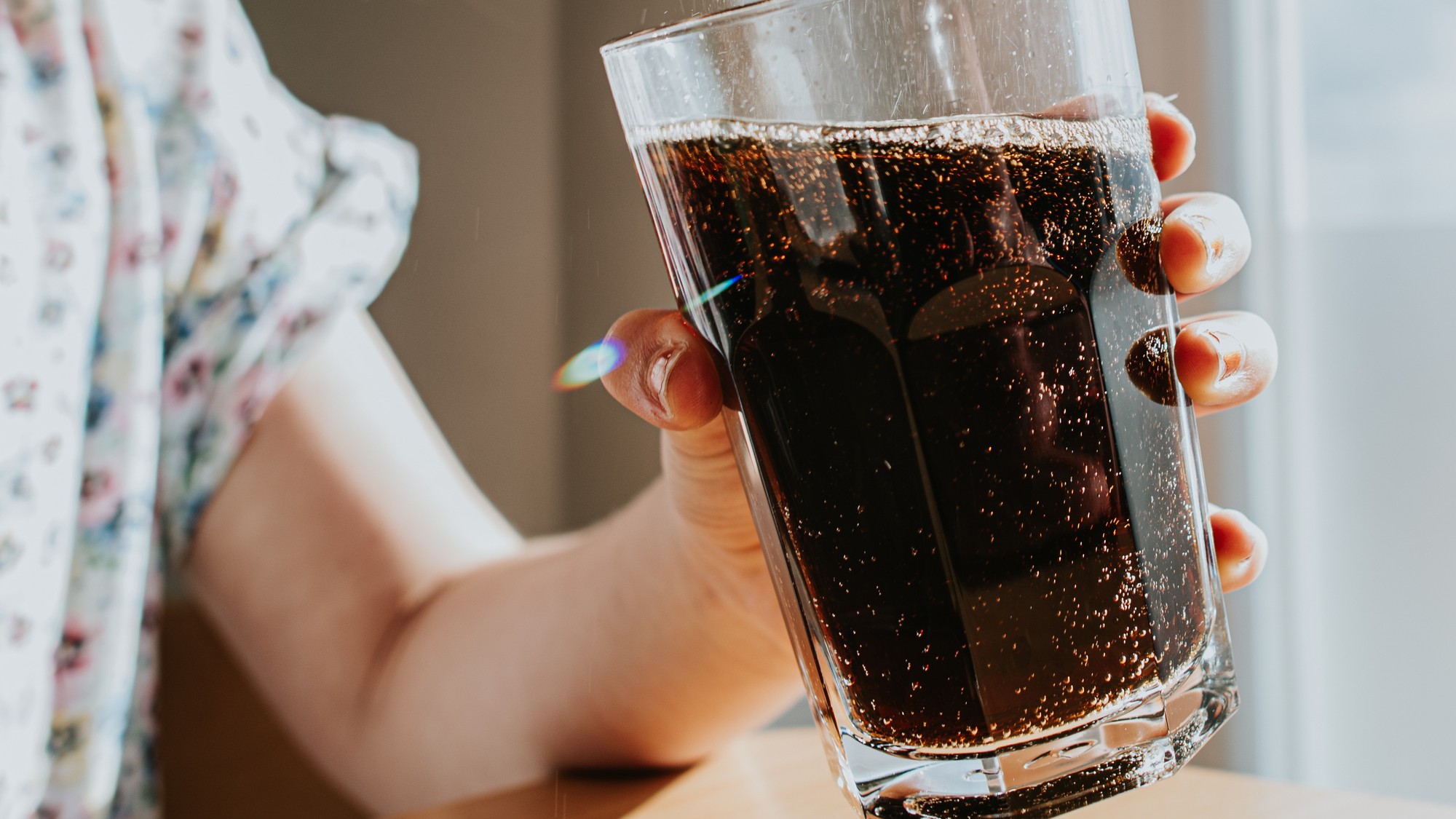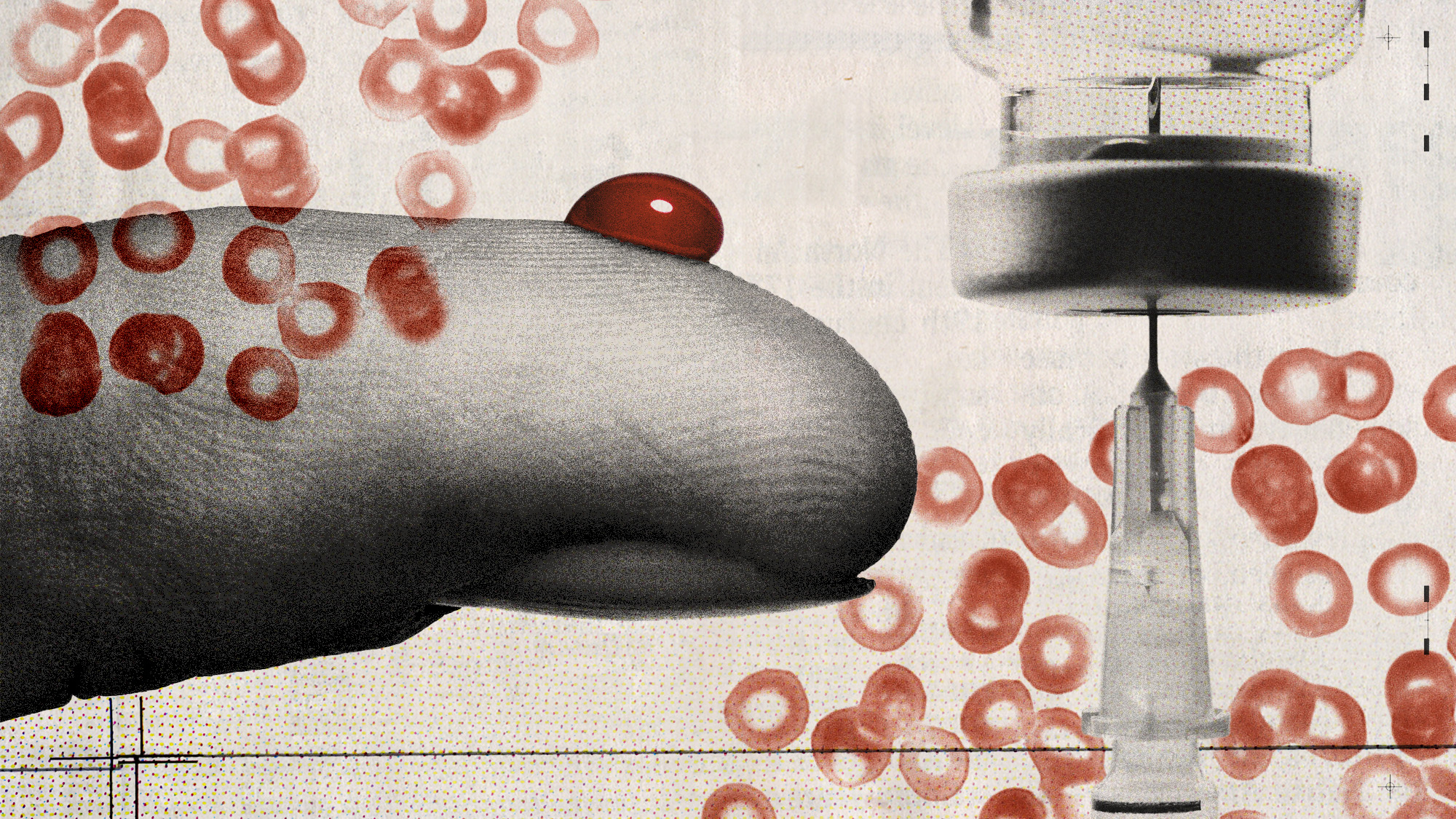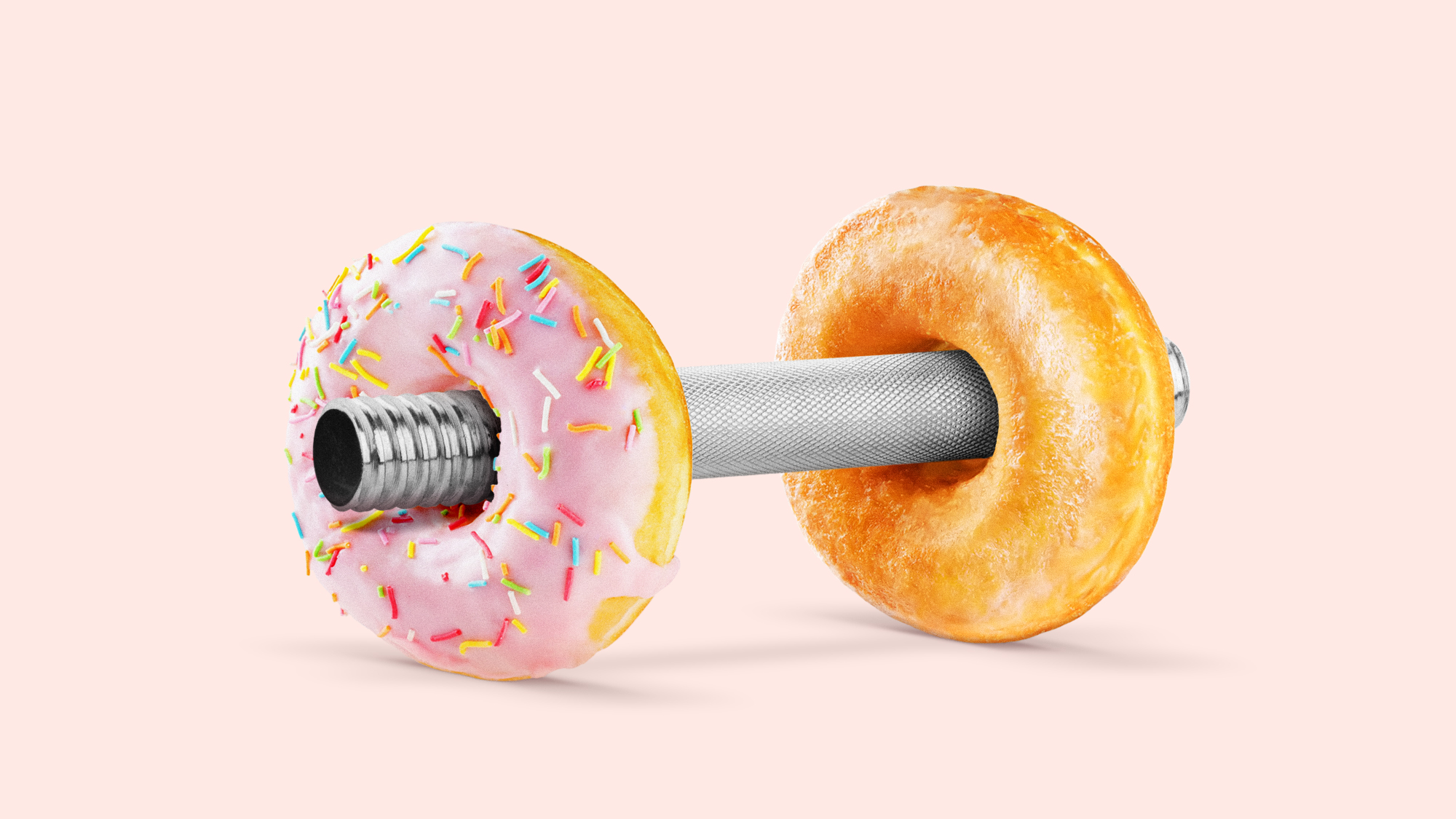Fact check: the truth about artificial sweeteners
Are synthetic sugar substitutes in our food and drinks safe? The Week looks at the research

A free daily email with the biggest news stories of the day – and the best features from TheWeek.com
You are now subscribed
Your newsletter sign-up was successful
From yoghurt and breakfast cereal to fizzy drinks and fruit juice, artificial sweeteners are found in a growing number of everyday foods and beverages.
The low-calorie additives are promoted as a healthier alternative to sugar – but some studies have linked them to a host of health problems, including weight gain, diabetes and cancer.
With Public Health England encouraging consumers to buy lower or no sugar products in order to tackle rising levels of obesity, The Week examines whether artificial sweeteners really are good for us.
The Week
Escape your echo chamber. Get the facts behind the news, plus analysis from multiple perspectives.

Sign up for The Week's Free Newsletters
From our morning news briefing to a weekly Good News Newsletter, get the best of The Week delivered directly to your inbox.
From our morning news briefing to a weekly Good News Newsletter, get the best of The Week delivered directly to your inbox.
What are they and where are they found?
There are several types of artificial sweeteners licensed for use in the UK, including aspartame, saccharin and sorbitol. They can be thousands of times sweeter than sugar but contain few or no calories and are much cheaper to produce.
These chemical substances are found in a wide variety of both diet and “normal” products including soft drinks, processed and canned foods, baked goods, condiments, sauces and dairy products.
Under EU regulations, food and drink items containing artificial sweeteners must be clearly labelled as such.
A free daily email with the biggest news stories of the day – and the best features from TheWeek.com
Are they safe?
All sweeteners in the EU undergo a “rigorous safety assessment” by the European Food Safety Authority (EFSA) before they can be used in food and drinks, according to the NHS website.
The ESFA has set an acceptable daily intake for each artificial sweetener, which is the maximum amount considered safe to consume each day over the course of a person’s lifetime.
These limits are quite difficult to exceed, the BBC reports. “Using the sweetener aspartame as an example, an ‘average’ adult could drink up to 14 cans of a sugar-free fizzy drink or use 40 teaspoons of the sweetener in their tea or coffee each day without exceeding the limit,” the broadcaster says.
The British Dietetic Association (BDA), the professional association and trade union for UK dietitians, says scientific evidence indicates that artificial sweeteners consumed at current levels are not harmful.
Some research has linked artificial sweeteners – specifically saccharin and aspartame - to cancer in animals, but leading charities in the UK and the US say they are safe for humans to consume.
“While there have previously been questions over their safety after early animal studies, large studies in humans have provided strong evidence that artificial sweeteners do not increase the risk of cancer,” says Cancer Research UK.
In 2014, researchers warned that consuming artificial sweeteners could increase the risk of developing diabetes. However, their study was largely carried out on mice, and experts at Cambridge University urged consumers to view the findings with caution.
Other studies have linked artificial sweeteners to weight gain. A 2017 review of 37 studies suggested that people who regularly consumed them, by drinking one or more artificially sweetened beverages a day, had a higher risk of weight gain and obesity.
But the research into sweeteners and appetite stimulation is “inconsistent”, the NHS says. “The problem with this field of research is it is very difficult to prove cause and effect,” the site adds.
It is important to note that research into the long-term effects of sweeteners is ongoing, says Dr Havovi Chichger, senior lecturer at the Anglia Ruskin University.
“Given the limited number of studies on the subject – and that few studies compare low-calorie sweeteners with sugar – we do not yet have clear answers,” she writes in an article on The Conversation.
Are they good for you?
There are some clear benefits to swapping sugar for artificial sweeteners: the synthetic substitutes can help prevent tooth decay, reduce calorie intake, and control blood sugar levels, especially for people with diabetes.
However, health professionals caution that low-calorie sweeteners should still be used sparingly.
“While artificial sweeteners and sugar substitutes may help with weight management, they aren’t a magic bullet and should be used only in moderation,” according to the Mayo Clinic, an academic medical centre in the US.
The BDA says that swapping sugar-sweetened beverages for artificially sweetened drinks is “likely to be beneficial for most individuals” from a weight management, dental and diabetes perspective, but adds that consumers should also consider healthier drink options such as water and milk-based beverages.
What is the consensus?
There is substantial evidence that the artificial sweeteners currently on the market are safe if consumed in moderation, but scientists agree that further studies are needed to fully understand their long-term health impact.
-
 The ‘ravenous’ demand for Cornish minerals
The ‘ravenous’ demand for Cornish mineralsUnder the Radar Growing need for critical minerals to power tech has intensified ‘appetite’ for lithium, which could be a ‘huge boon’ for local economy
-
 Why are election experts taking Trump’s midterm threats seriously?
Why are election experts taking Trump’s midterm threats seriously?IN THE SPOTLIGHT As the president muses about polling place deployments and a centralized electoral system aimed at one-party control, lawmakers are taking this administration at its word
-
 ‘Restaurateurs have become millionaires’
‘Restaurateurs have become millionaires’Instant Opinion Opinion, comment and editorials of the day
-
 The truth about vitamin supplements
The truth about vitamin supplementsThe Explainer UK industry worth £559 million but scientific evidence of health benefits is ‘complicated’
-
 Obesity drugs: Will Trump’s plan lower costs?
Obesity drugs: Will Trump’s plan lower costs?Feature Even $149 a month, the advertised price for a starting dose of a still-in-development GLP-1 pill on TrumpRx, will be too big a burden for the many Americans ‘struggling to afford groceries’
-
 Covid-19 mRNA vaccines could help fight cancer
Covid-19 mRNA vaccines could help fight cancerUnder the radar They boost the immune system
-
 Climate change is making us eat more sugar
Climate change is making us eat more sugarUnder the radar Sweets make the heat feel more manageable
-
 The battle of the weight-loss drugs
The battle of the weight-loss drugsTalking Point Can Novo Nordisk and Eli Lilly regain their former stock market glory? A lot is riding on next year's pills
-
 A new subtype of diabetes was found and it may require different treatment
A new subtype of diabetes was found and it may require different treatmentUnder the radar It is prevalent in Black Africans and Americans
-
 Food may contribute more to obesity than exercise
Food may contribute more to obesity than exerciseUnder the radar The devil's in the diet
-
 Deadly fungus tied to a pharaoh's tomb may help fight cancer
Deadly fungus tied to a pharaoh's tomb may help fight cancerUnder the radar A once fearsome curse could be a blessing